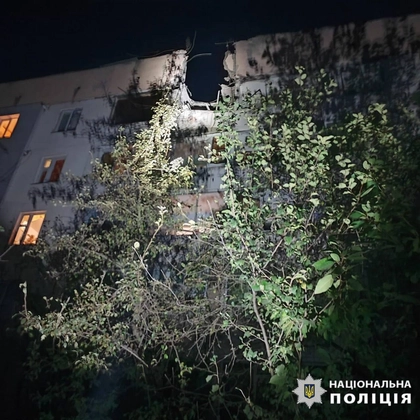Yana Rudenko, the Bucha occupation survivor and the leading voice of Ukraine on the international news agenda, has been once again banned by LinkedIn, as reported by Roman Sheremeta, the Chairman of Ukrainian American House.
"She spent 14 days in a basement in Bucha, while Russians murdered over 1,200 innocent people outside. She has been a leading voice of Ukraine, gave interviews on some of the biggest news outlets, exposed russian propaganda, and condemned Russian aggression," Sheremeta posted on his LinkedIn account.According to Sheremeta, this is not the first case of LinkedIn banning Ukrainian women over voicing their strong stance on Russian aggression.
JOIN US ON TELEGRAM
Follow our coverage of the war on the @Kyivpost_official.
"Maryna Chekh, Lesia Dubenko, Elena Yukhymenko, Irina Mirochnik, and many other voices have been banned by LinkedIn," he wrote. Sheremeta added that such censorship is unacceptable on a “professional” network and that 'the only accounts that should be banned by LinkedIn are those of the russian trolls and bots."
Several hours following this publication, Yana Rudenko posted a comment under Sheremata's post, saying that her account was restored.
"I AM BACK MAGICALLY! Thank you so much for writing about me. It is a big problem that remains on the platform – voices that raise important but not always comfortable topics can be easily banned when bots want so," Rudenko wrote.
According to Ukrainian LinkedIn users, the social network is reported to be censoring posts related to the aggression of the Russian Federation, as well as blocking links that enable users to contribute funds in support of the Armed Forces.

South Korea Demands 'Immediate Withdrawal' of North Korean Troops in Russia
LinkedIn attributes the bans to violations of community norms and requests users to confirm their identity by submitting photos of documents.
After the verification process, the platform urges blocked users to acknowledge their wrongdoing and commit to adhering to "community norms" in the future.
Users who have had their accounts blocked claim that the content they shared included photos or narratives depicting the atrocities committed by Russians in Ukraine.
You can also highlight the text and press Ctrl + Enter






